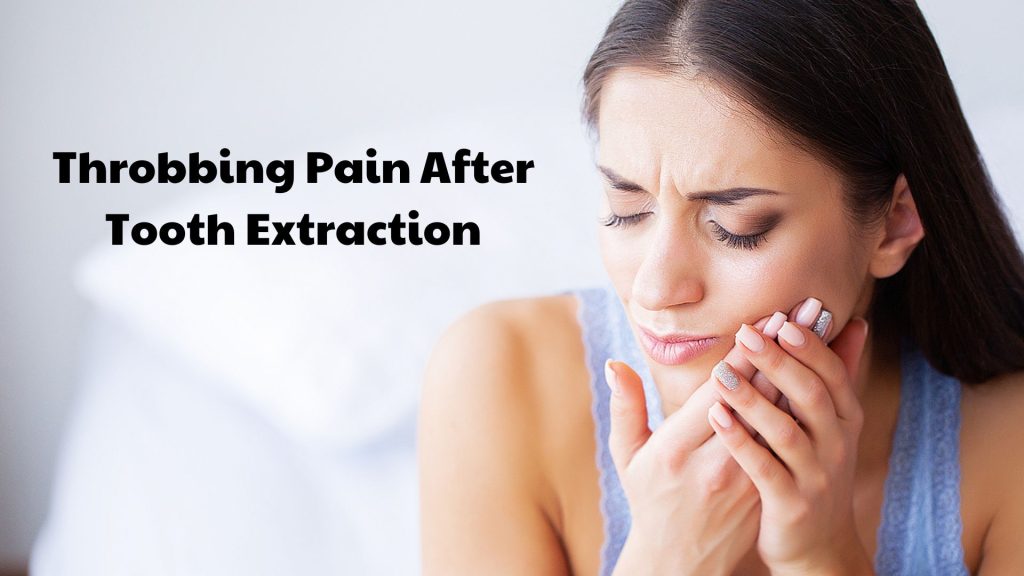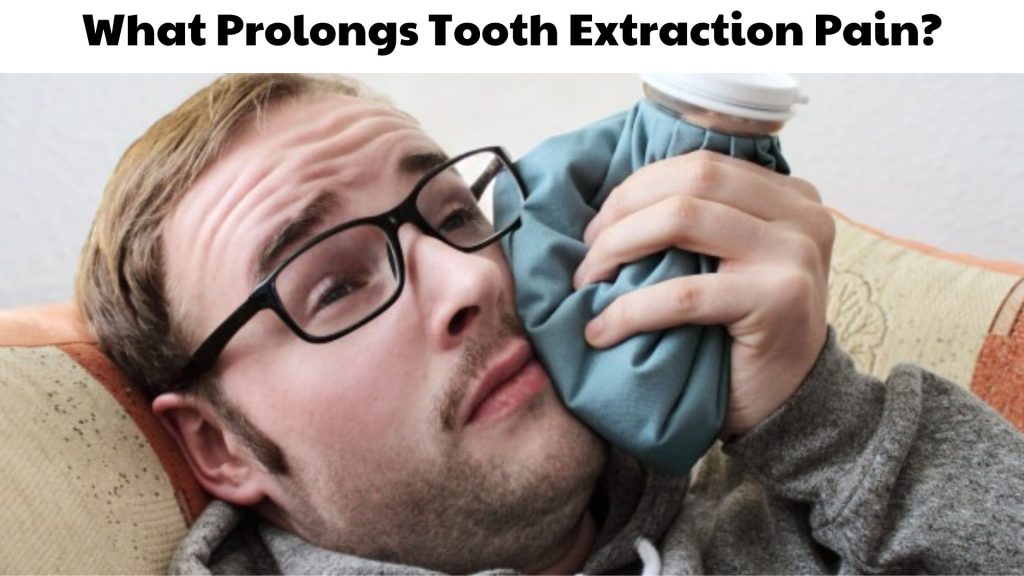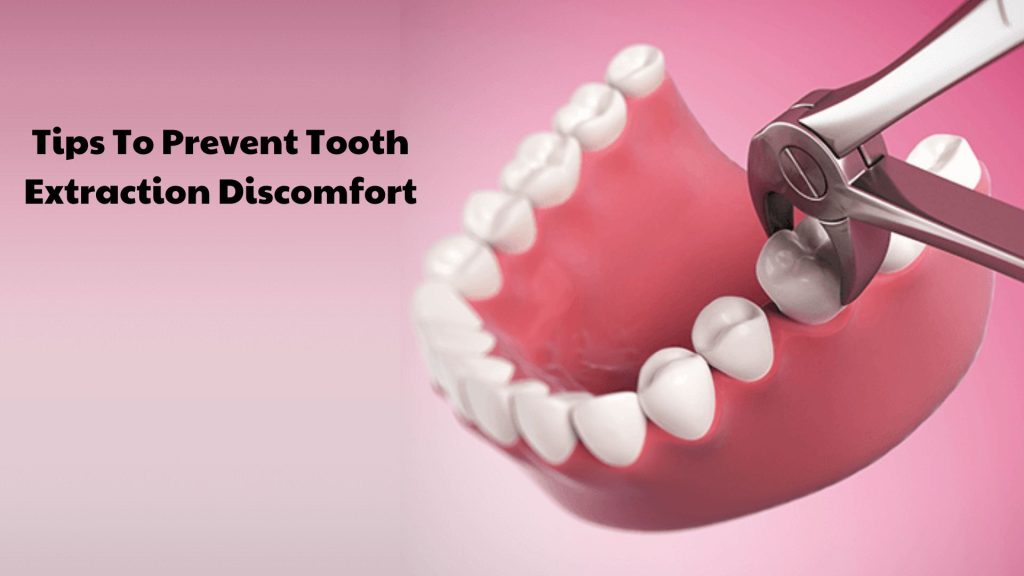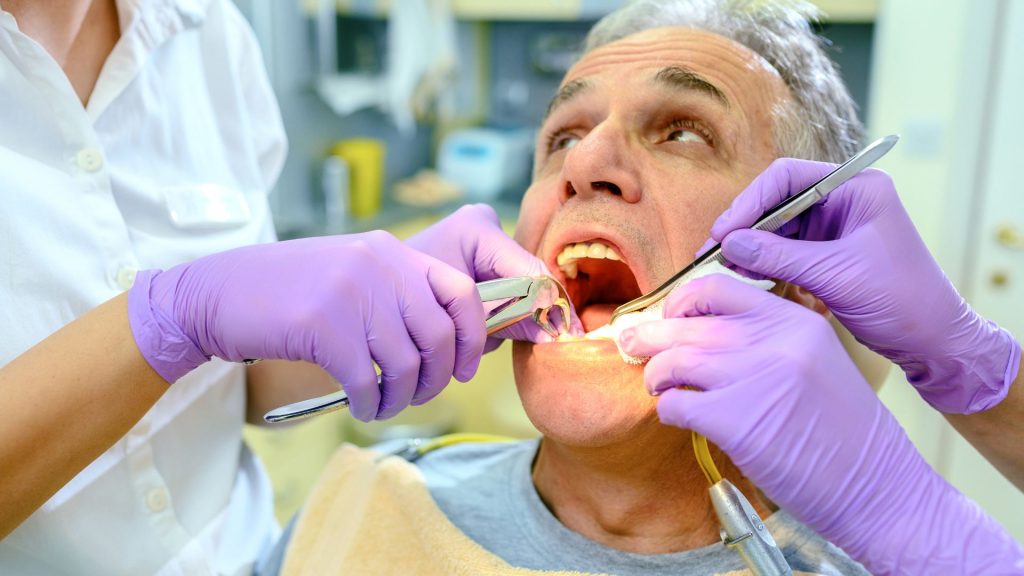Throbbing pain after tooth extraction is a common ailment that many of us have had or may have in the future. Having a tooth pulled is frequently required for dental reasons, but the throbbing pain may make us nervous. However, there are techniques to ease and greatly lessen this unpleasant feeling. Let’s discuss ways to relieve throbbing pain after tooth extraction. This article will discuss the reasons for throbbing pain after tooth extraction, practical treatment and pain reduction methods, and advice to avoid it in the future. Join us on this educational trip to learn more about this topic and find ways to elegantly endure throbbing pain after tooth extraction so you may recuperate with confidence.
What Is Throbbing Pain?
A throbbing pain is a constant and severe agony, similar to a beating. Pulsating agony seems like a heartbeat. This sensation generally arises when the body’s muscles, tissues, or organs are injured or sick. Burning, hammering, and constant agony are common descriptions of throbbing pain. This may occur anywhere on the body, including the head, mouth, ears, neck, back, abdomen, limbs, and more. Inflammation, injury, muscular strain, elevated blood pressure, and other diseases may induce throbbing pain. A sharp, stabbing pain is generally an indication that something is wrong within, so if you feel one, it’s important to pay attention and figure out the source. If the throbbing pain is bothersome, see a doctor.
Throbbing Pain After Tooth Extraction

Pain after tooth extraction is a frequent issue that many individuals experience after a tooth extraction operation. Even when expert dental professionals pull a tooth, pain and suffering may still occur. Understanding tooth extraction pain causes and appropriate pain management is crucial to a healthy recovery. When a tooth is so damaged that it cannot be repaired or causes health issues, tooth extraction may be the only option.
Local anesthesia is commonly used to numb half of the mouth before removing the tooth and cleaning the extraction region. However, after the local anesthetic has worn off, many patients may feel intense pain or stinging at the extraction site. Post-extraction discomfort might last from hours to many days.
What Prolongs Tooth Extraction Pain?

There are a lot of potential causes for prolonged discomfort after tooth removal.
- Infection: After a tooth has been extracted, infection is a typical source of persistent discomfort. Bacteria in the mouth following tooth extraction may cause irritation and discomfort if not managed.
- Dry socket: After tooth extraction, the dry socket may cause long-term discomfort. This issue necessitates dental treatment if post-extraction care guidelines are not followed.
- Recurrence of ulcers: Long-term discomfort may occur when alveolar dryness or inflammation has been treated but has not entirely healed or recurred.
Throbbing Pain After Tooth Extraction But Not Dry Socket
The mouth is sore and susceptible to infection just after having a tooth pulled. Following a tooth extraction, the most common sources of discomfort include:
- Tissue and nerve damage: The extraction procedure might irritate and hurt nearby soft tissues and nerves. After tooth extraction, this ache might last for hours.
- Inflammation: After tooth extraction, the mouth is exposed to the oral environment, which is full of germs. Bacteria may infiltrate extraction sites via holes or incisions, producing swelling, discomfort, and inflammation.
- Body’s response: Blood circulation increases in the damaged region after tooth extraction to aid recuperation. This might worsen extraction pain and edema.
- Tooth type and extent of extraction: The kind and amount of tooth extraction may affect recovery. Wisdom teeth (tooth number 8) are frequently more painful than incisors or second teeth. After extraction, teeth that are misaligned or have other issues might cause discomfort.
- Treatment after tooth extraction: Post-extraction therapy influences pain. If you don’t clean your mouth or take enough pain medication after extraction, the discomfort might become worse and persist longer.
Tips To Prevent Tooth Extraction Discomfort

The following advice can help you recover more quickly and with less discomfort after future extractions. If you follow these instructions, your extraction should go more quickly and with less discomfort.
- Maintain dental hygiene: At least twice a day, brush and floss your teeth. Because of this, you won’t have to worry as much about getting an infection after having a tooth pulled.
- Treat dental problems early: If you notice any issues with your teeth, such as cavities, gingivitis, or crookedness, it’s important to contact a dentist right once. This prevents problems and tooth extraction.
- Follow the post-extraction care instructions: Take care of yourself as recommended by your dentist after having a tooth pulled. Instructions for proper oral hygiene, medication usage, and the avoidance of behaviors that might harm the mouth are included.
- Eat soft in the first days after tooth extraction: Avoid tough meals for a few days following tooth extraction. Soft, easy-to-digest meals that don’t rub your tongue help recover.
If you’ve just had teeth extracted, it’s important to maintain good oral hygiene by following your dentist’s advice.
When Dentist Is Needed Following Tooth Extraction?
There are times when you should see your dentist after having a tooth extracted to guarantee a smooth recovery and prevent issues. Here are some reasons why you should make an emergency trip to the dentist:
Persistent Pain
If you feel discomfort that does not go away after a few days, you should visit your dentist every once. This is crucial to diagnose the reason for the discomfort and ensure that the extraction does not create major consequences. Pain that doesn’t go away after a tooth is pulled could be caused by an infection, a dry joint, tissue and nerve damage, or a physical response.
Your dentist will check your mouth to establish the exact reason and prescribe the best therapy for you. The discomfort and time it takes to heal after having a tooth extracted might be minimized if you contact the dentist right afterward to discuss your options.
If symptoms of discomfort persist following tooth extraction, call your dentist immediately for expert guidance and treatment.
Inflammation Becomes Serious
One of the most frequent problems of tooth extraction is inflammation, which may produce swelling, redness, pain, and discomfort at the extraction site.
If the inflammation doesn’t go away after a few days or becomes worse, it may be an indication of a severe infection that might develop into an infection. The severity of the illness and the root cause of this disease may only be established after a thorough oral examination by your dentist.
Based on the circumstances, they will suggest anti-inflammatory medicines, antibiotics, or other therapies. So, early dental visits can help you avoid problems and treat the illness effectively. Contact your dentist immediately if you suspect a significant infection following tooth extraction.
Complications Following Tooth Extraction
Complications after tooth extraction include:
- Dry socket.
- Recurring infection.
- Ulceration.
- Delayed healing.
Conclusion

The pain that accompanies an extraction procedure may be quite unpleasant and even terrifying. Don’t worry—Spring Orchid Dental Clinic will make your tooth extraction experience pleasant and painless. Our team of highly trained dentists uses cutting-edge technology and methods to remove teeth as swiftly and painlessly as possible.
More importantly, we prioritize your comfort and safety during therapy. We recognize that tooth extraction discomfort might influence the quality of life, especially eating and communicating. Thus, we will provide you with specific post-extraction care recommendations to improve recovery and reduce discomfort.
Furthermore, we are devoted to providing a warm and welcoming environment where you may come to the clinic with a sense of security and confidence.
FAQs
After Tooth Extraction, Does It Matter If I Don’t Feel Pain?
If you do not feel extreme pain after having a tooth pulled, you need not be concerned. In actuality, several individuals feel relatively little pain after tooth extraction. You may or may not experience any pain or discomfort after having a tooth pulled. There are various reasons why you may not experience acute pain after tooth extraction:
- Good teeth and jawbone.
- Correct extraction.
- Tooth extraction care.
However, the absence of severe discomfort after tooth extraction should not make you less concerned about the subsequent healing process. After tooth extraction, we must monitor the mouth, avoid hard and hot meals, and follow the post-extraction care guidelines to prevent complications.
Is Throbbing Normal 1 Week After Tooth Extraction?
Throbbing pain 1 week after tooth extraction is typical, but the degree and context are significant. Mild throbbing or hurting in the region where the tooth was extracted is a frequent symptom of post-extraction pain. As the body heals, socket tissues rebuild. On the other hand, as healing continues, the throbbing pain should lessen in severity. If the throbbing pain persists after a week, it may indicate a problem.
What Day Is Most Painful After Tooth Extraction?
It’s very uncommon for people to have varying degrees of pain and suffering on the day following having a tooth extracted, and the worst day might also vary. The first 24–72 hours following tooth extraction are frequently the most painful for most people. Most patients report a significant decrease in pain by the fourth or fifth day, after the first three days of improvement. However, recuperation times vary.





